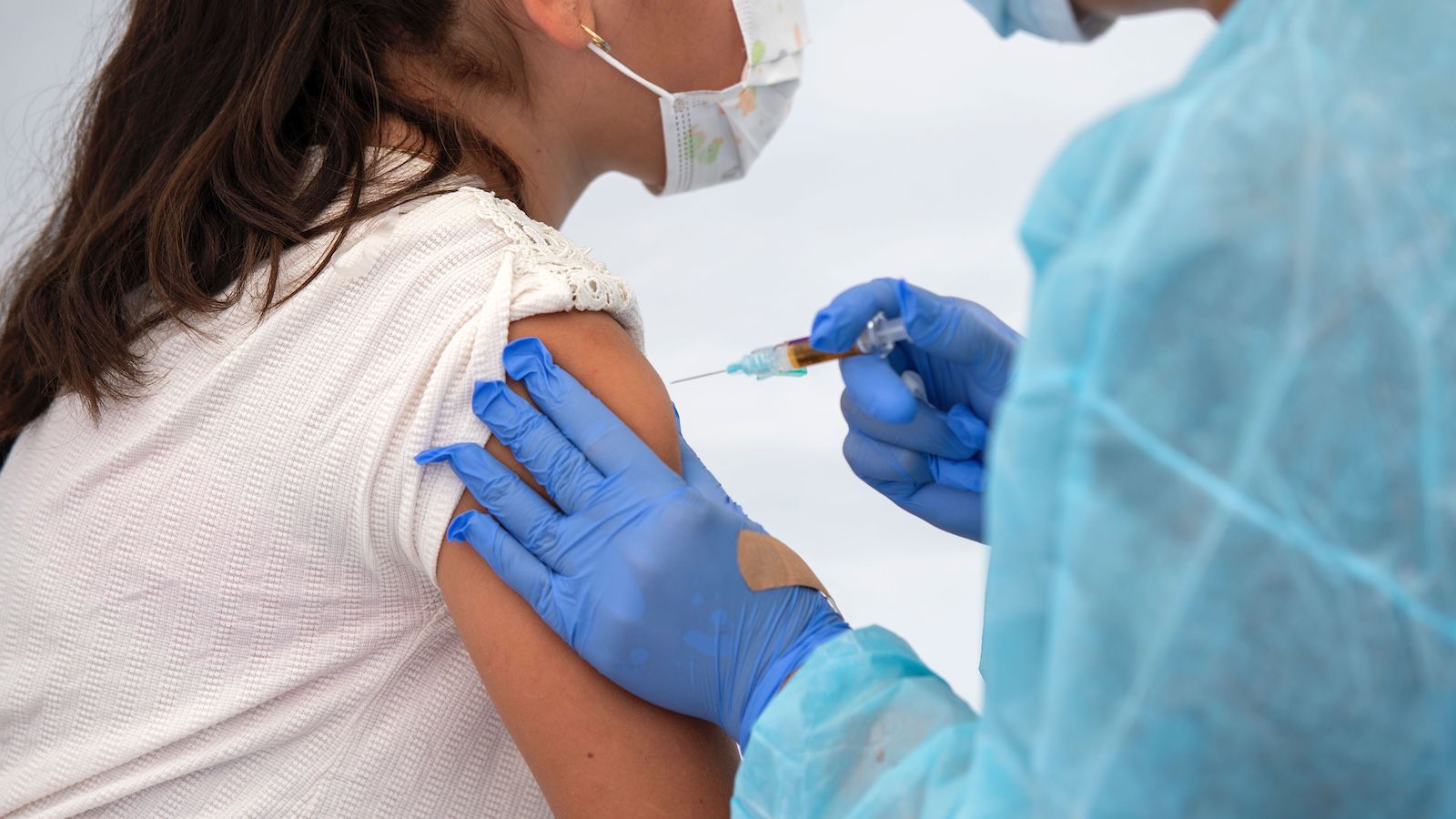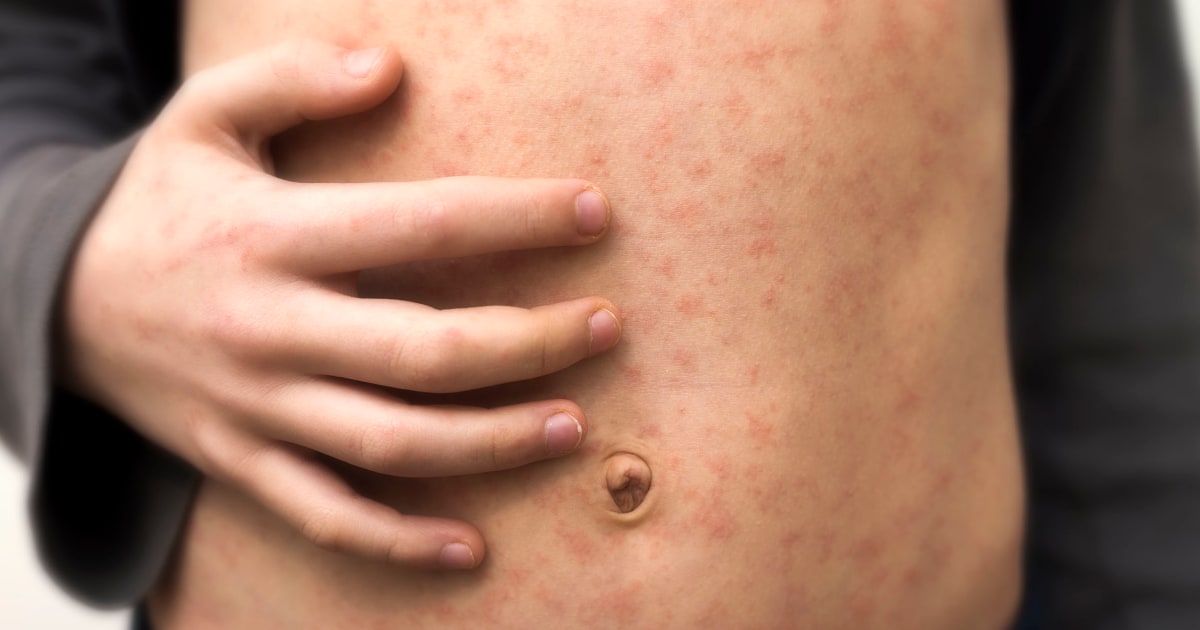Pediatricians propose to test vaccine in children 0:45
(CNN Spanish) -
In the world there are almost 150 candidates for the vaccine against the new coronavirus.
But so far none of them have been tested in children.
In this episode, Dr. Elmer Huerta analyzes data from various institutions and the development of pediatric vaccines.
You can listen to this episode on Apple Podcasts, Spotify, or your favorite podcast platform, or read the transcript below.
Hello, I am Dr. Elmer Huerta and this is your daily dose of information about the new coronavirus.
We hope it will be useful to take care of your health and that of your family.
Today we will see why studies have not yet begun to develop vaccines against covid-19 directed at children.
And - at this rate - when could we have any to protect them.
How many vaccines are made today?
As of this writing, there are nearly 150 vaccine candidates being developed by various laboratories around the world.
Of these, 59 are in what is called the clinical experimentation phase, that is, the one in which the vaccine candidate is already being tested in human beings, in phases 1, 2 and 3.
As we mentioned in the July 21 episode, phases 1 and 2 are done in a few hundred human volunteers to test the safety and initial effectiveness of the vaccines.
While phase 3, the definitive one, is the one that is done in thousands of volunteers with the aim of definitively testing whether the vaccine works or not.
Also, collect very valuable information about your safety.
The fact is, none of the vaccine candidates are being tested in children.
Despite the fact that they also suffer from the disease and it is thought that they contribute to the spread of their parents and grandparents.
The coronavirus vaccine for children
At the recent annual virtual conference of the American Academy of Pediatrics, it was revealed that, according to data from the Association of Children's Hospitals, these represent approximately 10.5% of all reported COVID-19 cases in the United States.
Of which 1.7% require hospitalization and 0.02% die.
Rates that are significantly lower than in adults.
In absolute numbers, according to the CDC, of the more than 190,000 people who died in the United States from COVID-19 from February 12 to July 31, only 121 were under the age of 21.
At the same conference, Dr. Anthony Fauci, director of the National Institute of Allergy and Infectious Diseases, said, regarding a pediatric vaccine, that effectiveness and safety data in adults must first be awaited to begin clinical trials in children.
He added that obtaining a vaccine for children must achieve a balance between the development of the product and - given the greater vulnerability of the children's organism - the safety of the vaccine.
How are vaccines used in children developed?
As we know, most of the vaccines available against polio, measles, mumps, chicken pox, diphtheria, among others, are mainly used in children and their development is very interesting.
Because the child's body is very delicate and unexpected problems could arise when testing them, all childhood vaccines are first tested in adults and, if they are safe in the elderly, then they are tested in adolescents and finally in children More smalls.
It is also interesting to know that certain vaccines, such as those against hepatitis A, hepatitis B, tetanus, diphtheria and pertussis, have different doses for adults and children.
In vaccines against hepatitis A and hepatitis B, for example, adults receive more of the components that stimulate a protective response.
In the diphtheria and pertussis vaccines, children receive the greatest amount of protective substance, because adults suffer more side effects with pediatric doses.
The pediatric vaccine would be ready by the end of 2021
It is estimated that when there is more safety data on the candidates for vaccines against covid-19 in adults, trials in adolescents will be able to begin, and then progressively decrease in age until reaching those under 3 years of age.
Because clinical trials in children are more complicated, not only must the consent of parents be obtained, but also very cautiously escalate with the vaccination doses.
There is no doubt that getting a childhood vaccine is going to take a long time.
In view of the available data, I estimate that this would not be ready until the end of 2021 or 2022.
In short, we are far from a childhood vaccine against covid-19.
The first to be vaccinated will be adults and, among these, front-line workers such as health professionals, police, firefighters and people suffering from chronic diseases with higher risks of complications.
There is no doubt that, in order for children to safely return to school and their parents and grandparents to feel safer, a childhood vaccine against Covid-19 will have to be developed anyway.
Do you have questions about the coronavirus?
Send me your questions on Twitter, we will try to answer them in our next episodes.
You can find me at @DrHuerta.
If you think this podcast is helpful, help others find it by rating and reviewing it on your favorite podcast app.
We will be back tomorrow so be sure to subscribe to get the latest episode on your account.
And for the most up-to-date information, you can always go to CNNEspanol.com/coronavirus.
Thanks for your attention.
If you have any questions you can send them to Dr. Elmer Huerta via Twitter. You can also head over to CNNE.com/coronaviruspodcast for all episodes of our “Coronavirus: Reality vs. Reality” podcast. fiction".
coronaviruscovid-19Coronavirus vaccine















